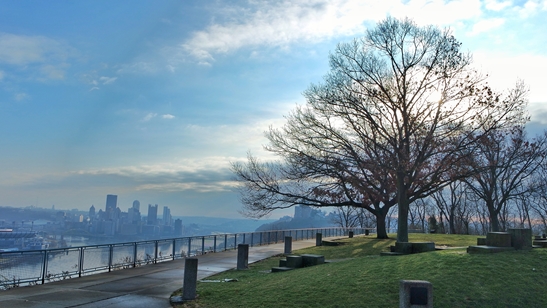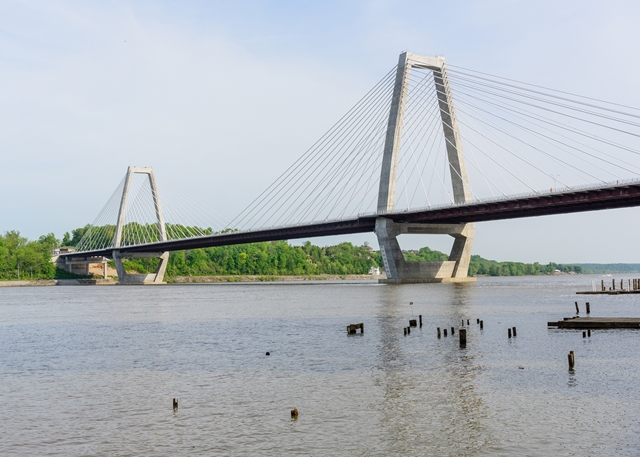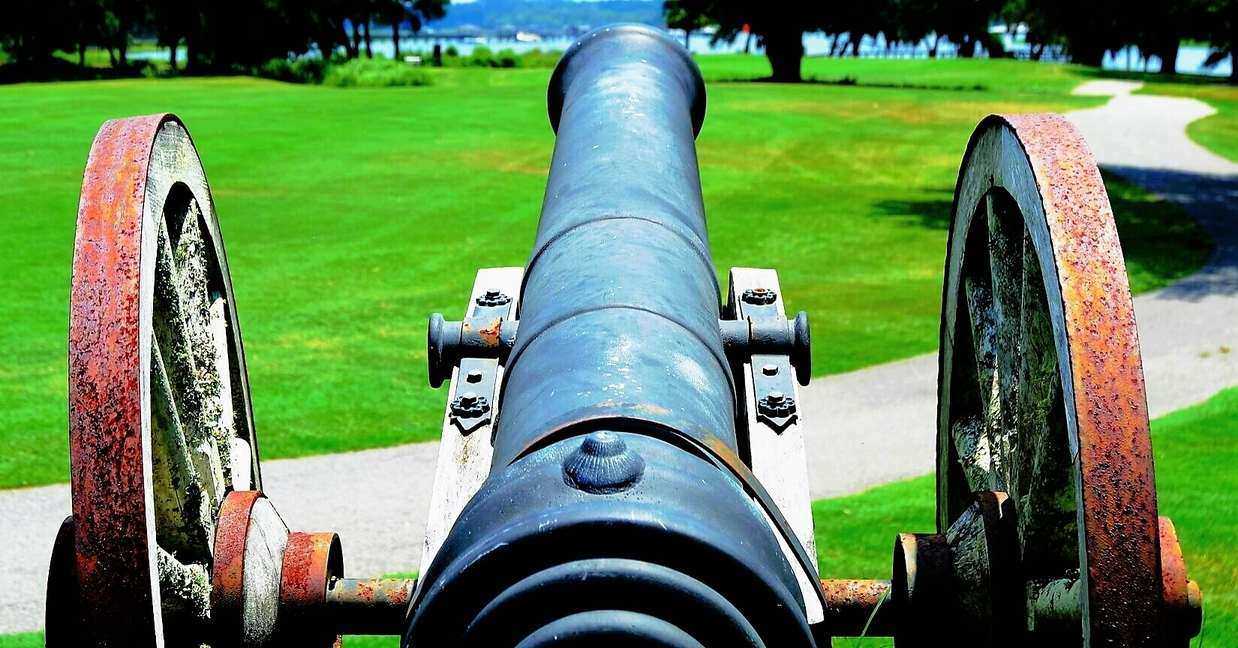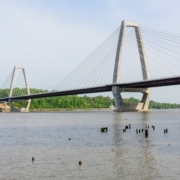Lead Work Area Signs
Download our free Lead Work Area signs in English and Spanish to help keep your project in compliance.
Free December Safety Meetings 2022
Free December Safety Meetings
proActive Safety Services feels strongly about the safety of your company and your employees. Each month we provide free safety meetings on topics that cause potential harm to employees. We have prepared free December…
Free November Safety Meetings 2022
Free November Safety Meetings
proActive Safety Services feels strongly about the safety of your company and your employees. Each month we provide free safety meetings on topics that cause potential harm to employees. We have prepared free November…
Free October Safety Meetings 2022
Free October Safety Meetings
proActive Safety Services feels strongly about the safety of your company and your employees. Each month we provide free safety meetings on topics that cause potential harm to employees. We have prepared free October…
Free July Safety Meetings 2022
Free July Safety Meetings
proActive Safety Services feels strongly about the safety of your company and your employees. Each month we provide free safety meetings on topics that cause potential harm to employees. We have prepared free July…
Free August Safety Meetings 2022
Free August Safety Meetings
proActive Safety Services feels strongly about the safety of your company and your employees. Each month we provide free safety meetings on topics that cause potential harm to employees. We have prepared free August…
Free June Safety Meetings 2022
Free June Safety Meetings
proActive Safety Services feels strongly about the safety of your company and your employees. Each month we provide free safety meetings on topics that cause potential harm to employees. We have prepared free June…
Free May Safety Meetings 2022
Free May Safety Meetings
proActive Safety Services feels strongly about the safety of your company and your employees. Each month we provide free safety meetings on topics that cause potential harm to employees. We have prepared free May safety…
Free April Safety Meetings 2022
Free April Safety Meetings
proActive Safety Services feels strongly about the safety of your company and your employees. Each month we provide free safety meetings on topics that cause potential harm to employees. We have prepared our free…










































